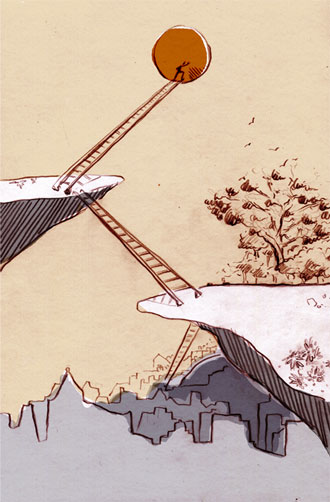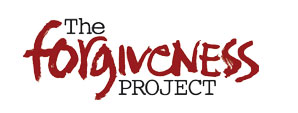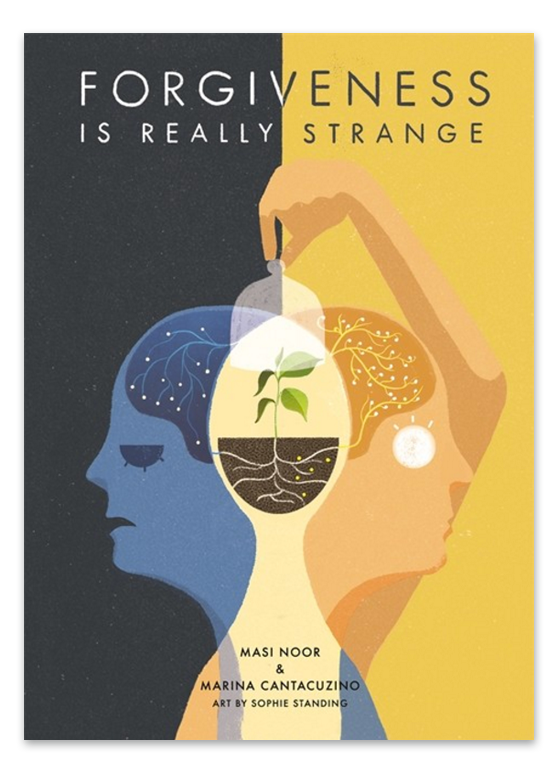Understanding:
The skills of making sense of one’s suffering, researching & learning phase
Fyodor Dostoyevsky
Emma Goldman
Broaden perspective through history.
A potentially useful way to seek an understanding of one’s suffering is by considering the bigger historical context in which the harm took place. Such consideration may help uncover the links between one’s suffering and the adversary group’s suffering. An understanding of one’s suffering in relation to the past or current suffering of the ‘other’ may reveal insights into the adversary group’s basic psychological needs (e.g. security, autonomy, avert existential threats). A threat to these needs may have given rise to the motivation to use aggression to protect them.
Relinquish rigidity.
For some, it may be possible to make sense of their suffering by viewing the roles of victims and perpetrators as reversible. Such flexibility can result from considerations that a degree of victimhood and hopelessness must have lied within the perpetrator to motivate him/her to cause suffering in others. The inter-changeability of roles between victims and perpetrators may further be encouraged by beliefs that human beings are fallible and that they all share a potential to harm each other. This skill may also require one’s acceptance that one’s views of justice and truth may not be shared by others, especially by the adversary party.
Move beyond understanding.
Sometimes victims become too preoccupied with their search for understanding the causes of the harm they’ve experienced and consequently may neglect to harvest the benefits of the above researching & learning skills phase. In other words, understanding becomes the only and ultimate goal. The above skills are not intended solely to accumulate knowledge but also to utilize that acquired knowledge to stimulate shifts in one’s static, uncompromising attitudes and positions.
Quotations from the real life stories:
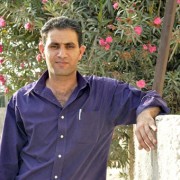
‘I also slowly realised that the Israeli oppression was because of the Holocaust, and I decided to try and understand who the Jews were.’
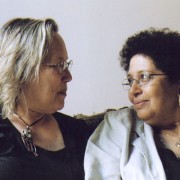
‘It was an accident of history that brought us together, and it is an accident of history that means Zacarias is now in prison and my son died in the World Trade Centre.’
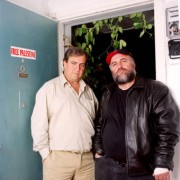
‘The suicide bomber was a victim just like my daughter, grown crazy out of anger and shame.’

